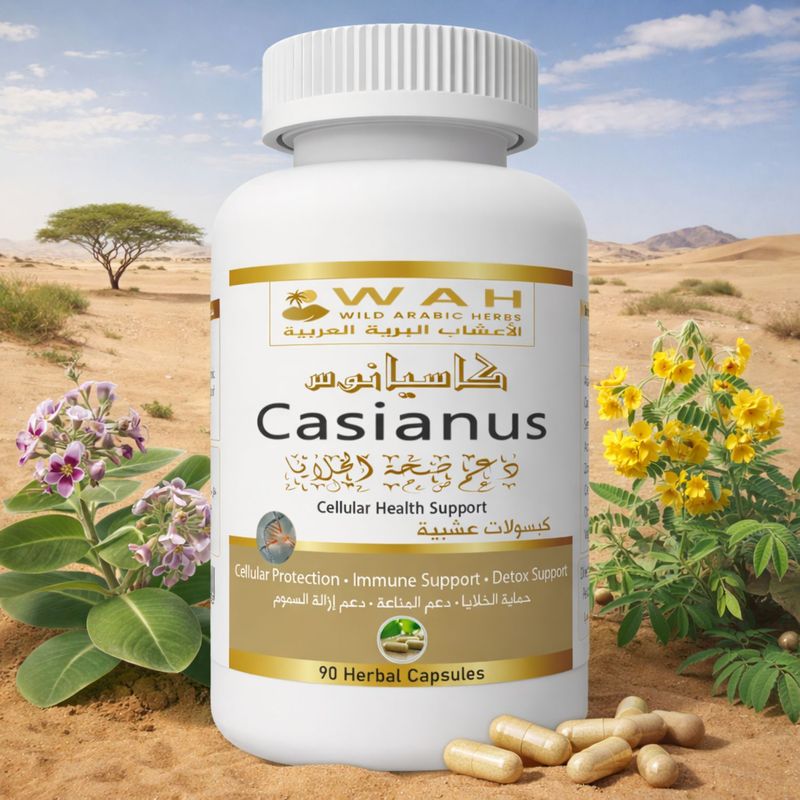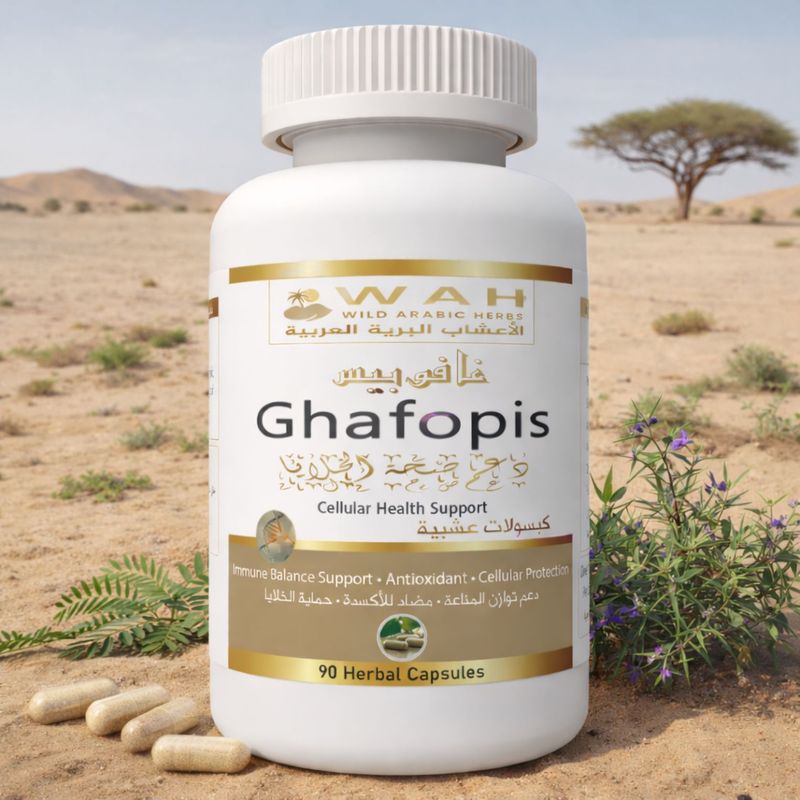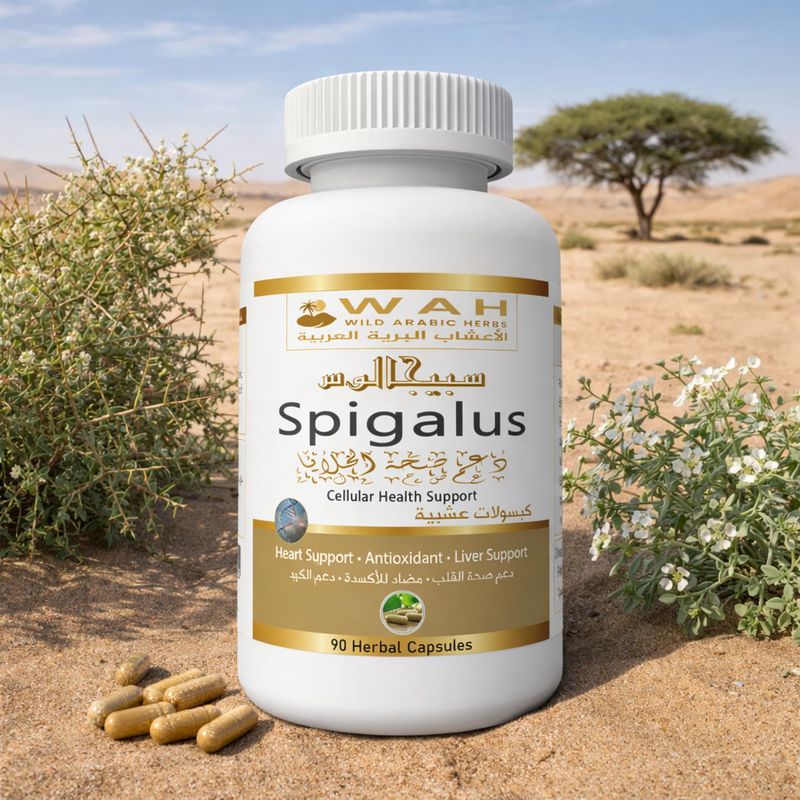Genetic Wellness Support
Desert Plants in Supporting Patients with Genetic Disorders
Genetic disorders represent a broad group of pathologies arising from abnormalities in an individual’s genetic material. They are caused either by pathogenic mutations (harmful changes in one or more genes) or by abnormalities in the quantity or structure of DNA. To date, over 6,000 genetic disorders have been documented, displaying a wide clinical spectrum: some are severe or fatal, while others are milder but may interact with non-genetic factors—such as environmental conditions or lifestyle choices—leading to a worsening of health outcomes.
Characteristics and Treatment Challenges
Most genetic disorders currently lack a definitive cure. However, in certain cases, medical interventions and therapeutic protocols can:
- slow the progression of disease,
- reduce its impact on daily life,
- prevent or manage secondary complications.
The effectiveness of treatment depends largely on the type of mutation, the clinical severity, and other biological or environmental factors. Thus, therapeutic approaches focus not only on symptom control but also on improving quality of life and supporting vital functions of patients.
Potential of Desert Plants
Desert plants, adapted to survive in extreme climatic conditions, produce bioactive compounds with diverse properties:
- antioxidant (protecting against oxidative stress, a major factor in genetic disorder exacerbation),
- anti-inflammatory,
- immunomodulatory,
- neuro- and cytoprotective.
These characteristics make desert plants a valuable complementary resource in managing genetic disorders, offering a natural approach to slowing cellular damage and strengthening the body’s biological defenses.
While a complete cure for genetic disorders remains a significant challenge for modern medicine, the integration of desert plant–based phytotherapy offers a promising, evidence-based complementary approach. This strategy not only aids in the long-term management of symptoms, but also contributes to greater well-being and sustainable living for patients.





